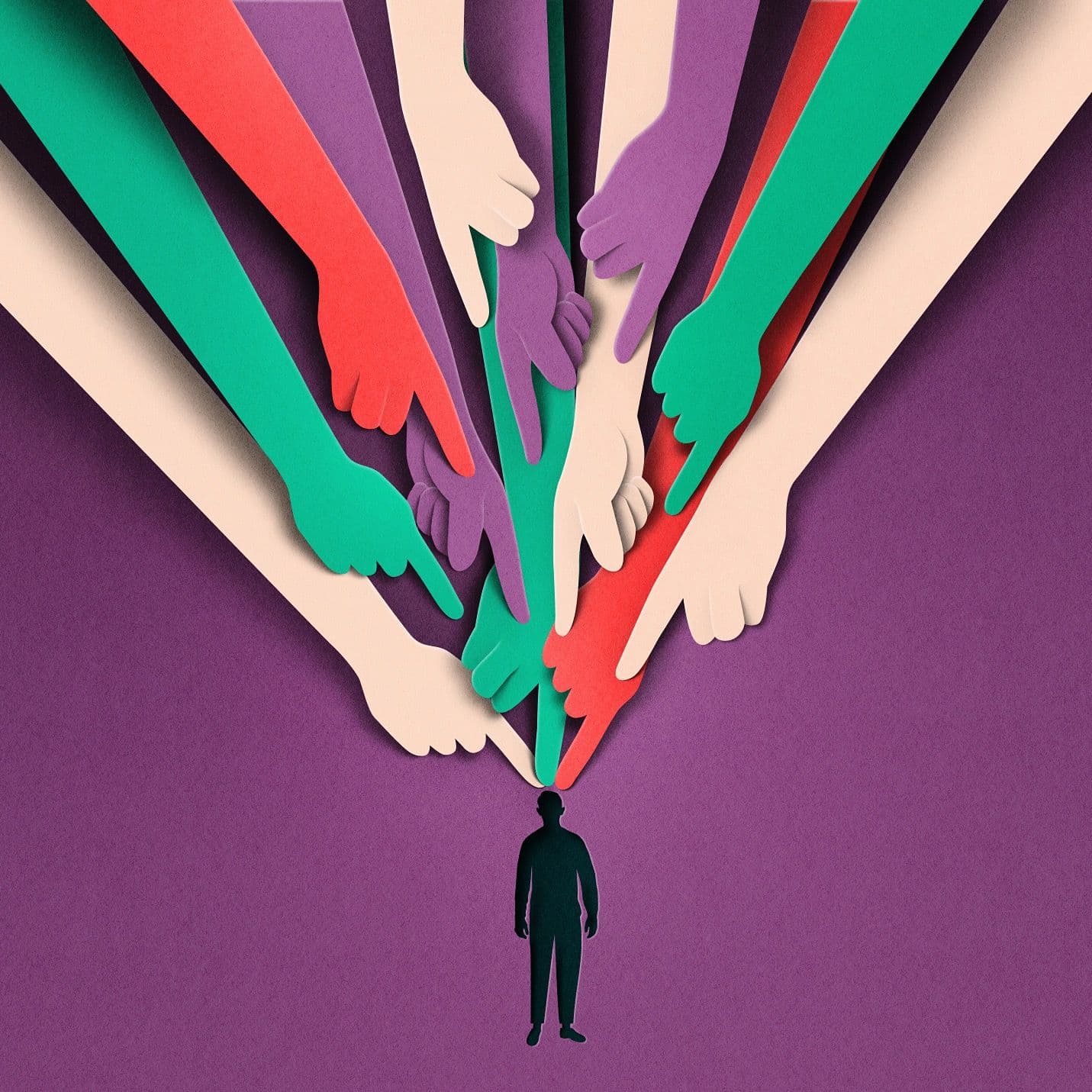Debate Ignites Over Public Shaming as Deterrent for Mass Shooters

A recent social media post advocating for the public exposure of "embarrassing online things" done by mass shooters and assassins has sparked a renewed debate on the ethics and effectiveness of public shaming as a crime deterrent. The tweet, from user Daniel, suggested this practice would "discourage others" and likened it to "modern day heads on pikes." This provocative statement highlights a contentious area within criminal justice and media ethics.
Proponents of public shaming often argue it serves as a cost-effective method to deter future criminal conduct and express societal condemnation. Historically, public humiliation has been used to enforce norms, with studies indicating that public shaming is more likely to be supported for transgressions causing direct harm to others, driven by a desire for deterrence. Some believe that the fear of public disgrace can be a powerful motivator against committing crimes.
However, legal and ethical experts frequently raise significant concerns about such practices. Critics contend that public shaming can violate human dignity, lead to disproportionate and uncontrollable punishment, and may even foster animosity towards the justice system rather than rehabilitation. The internet and social media amplify these concerns, as online exposure can be permanent and lead to widespread, unmoderated public backlash, potentially impacting individuals and their families indefinitely.
The media's role in reporting on the online histories of criminals, particularly mass shooters, is a sensitive subject. While there is a public interest in understanding motives and backgrounds, news organizations often navigate a fine line to avoid glorifying perpetrators or inadvertently inspiring copycat acts. Guidelines typically emphasize focusing on the victims and the broader societal impact rather than sensationalizing the personal details of the offender.
Ultimately, the discussion surrounding Daniel's tweet underscores a fundamental tension between the desire for strong deterrence against heinous crimes and the principles of fair, proportionate, and humane justice. The long-term societal implications of widespread digital shaming remain a complex challenge for legal systems and public discourse alike.